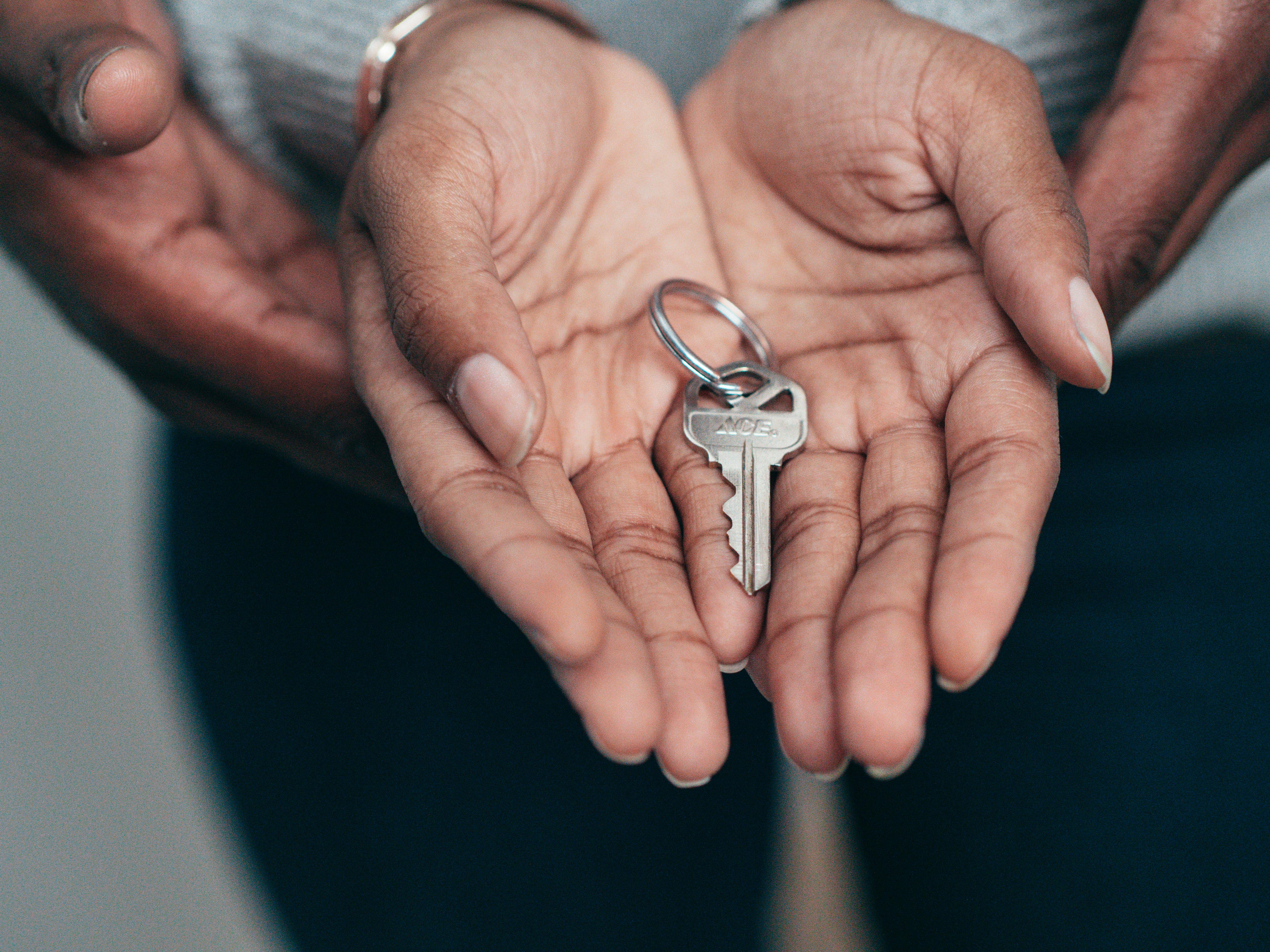Deciding whether to rent or sell your house is a big choice. You want to make the best move for your situation, whether that means income now, freedom from responsibilities, or covering future costs. This guide walks through the main factors you should look at. Each idea is clear, direct, and practical. Let’s go step by step.
Know Your Goals
First, what do you want right now and later?
- Need cash fast: If you want money now, selling may give you a lump sum you can use for other goals.
- Keep the house for income: Renting can give you steady monthly cash if the rent covers your costs and a little extra.
- Personal connection: If this house holds meaning for you, renting means you keep it but don’t have to live there.
- Avoid tenant issues: Selling avoids landlord duties like repairs, screening renters, and urgent calls.
Be honest about what matters most: quick money, ongoing income, control, or peace of mind.
Check Your Local Market
Look at your local housing market.
- Home sale speed: Are similar homes selling fast at full price? Or sitting on the market?
- Rental demand: Are rentals in your area in demand? What do nearby places rent for?
- Rent vs. sale pricing: Calculate how much rent gives you versus your mortgage, taxes, and upkeep. In some markets, rent may barely cover costs. In others, rent might be very profitable.
You can check local listing sites, talk to agents, or use public data. This helps you compare what you could earn now versus over time.
Tally Your Costs Carefully
To rent:
- Mortgage (if any)
- Property taxes
- Homeowner insurance
- Repairs and regular upkeep
- Property management fees (if you hire someone)
- Time and effort to deal with tenants
To sell:
- Real estate agent commission
- Closing costs (e.g., title, transfer taxes)
- Repairs or staging to improve sale appeal
- Time and effort to show the property
Add those up. If renting gives too little profit or demands too much work, selling could be better. If costs are manageable and rent gives a good return, renting might be worth it.
Think of Taxes
What taxes apply?
- Selling: If you lived in the house for at least two years out of the last five as your main home, you may exclude up to $250,000 (single) or $500,000 (married) of the gain from tax. Rules vary by country, so check local tax law.
- Renting: Rental income is taxable, but you usually deduct mortgage interest, property taxes, repairs, insurance, and depreciation. You get a year-end tax form (like a 1099 in the U.S.) showing your income.
Ask a tax pro if you need help. This step affects your profit a lot.
Think Long Term - Your Plan
What do you see yourself doing in 5 or 10 years?
- If you plan to come back, renting may keep your option open. You treat it as a long-term investment.
- If you want to reduce hassle: Selling cuts ties, and you're free from upkeep, tenants, and market shifts.
- If your area is growing, renting now and selling later might net you more profit if property values climb.
- If the local market might cool, selling now might let you lock in a good price.
People often ask, “What if the market goes down? ” Renters handle the market variation by paying rent; you just maintain the home. "What if demand rises?" Then your property may sell for a solid price later or rent for more.
Cash Flow vs. Lump Sum
Compare income types:
- Rental cash flow: Often smaller than sale net, but steady and recurring.
- Sale net: Bigger lump sum now, but no future income.
Calculate annual rental income after costs. Compare that to what you might get from selling and investing the proceeds (e.g., in savings, a business, or other property).
Example:
- Rent brings in $12,000 per year after costs (just as an example).
- Sell nets for $200,000.
- If you invest that at 4% a year, you’d get $8,000 annually. In this case, renting returns more in the short term, but you lose the lump sum.
On the other hand, if investing gives better growth or you need the cash now, selling may be smarter.
Time, Effort, and Risk
Renting means being a landlord—dealing with tenants, possible vacancies, repairs, emergencies, etc.
Even with a manager, you still choose who goes in and handle contracts. And rental income can vary—vacancies, late rent, or repairs affect money flow.
Selling means work upfront (listing, showings, staging), and then it's done. You don't worry about managing anything.
If you don’t want landlord duties or risk, selling may be worth it. If you want control and don’t mind hassle, renting can pay over time.
Legal Rules and Tenant Rights
Tenant laws vary by area. Look up:
- How long a tenant must stay
- Rules on security deposits
- Required property standards
- Eviction rules (timelines, reasons)
Laws protect both tenant and owner. If laws are strict or unclear, renting could be harder. If rules are fair and you understand them, renting is easier.
Maintenance and Upgrades
To rent:
- The house must meet safety and comfort standards.
- You may need to fix items before renting.
- Ongoing upkeep falls to you—HVAC, leaks, appliances.
To sell:
- A few repairs or a fresh coat of paint may help get a good price.
- After the sale, you’re done.
If your house needs big work, weigh whether the cost is worth it for renting or selling.
Market Timing
Selling at the right time matters. If your market is hot, you might net more.
Renting lets you wait. If prices rise, you benefit when you eventually sell. However, if prices fall, your rent income may help cover costs while you wait.
If you're unsure how the market will move, renting gives you flexibility. Selling gives you certainty right away.
Emotional and Lifestyle Factors
Besides money and data, what feels right?
- Letting go: Some feel better selling and moving on.
- Staying connected: Others feel tied to the property and want to keep it.
- Stress level: Is managing tenants stressful or manageable?
Think about what you can handle now and later, emotionally and practically.
Sample Comparison Table
Factor | Rent | Sell |
Income | Monthly rent after costs | Lump sum after costs |
Time/Effort | Ongoing landlord duties | One-time sale process |
Risk | Vacancies, bad tenants | Market timing risk |
Flexibility | Keep property, sell later | Final, no future benefits |
Tax & Regulations | Rental income/taxes apply | Capital gains rules apply |
Maintenance | Your responsibility | You handle pre-sale, then you're done |
Emotional | Stay connected | Move on |
A Practical Example (Fictional Numbers)
You bought a house. Here’s a rough idea:
- Mortgage: $1,000/month
- Taxes & insurance: $300/month
- Maintenance (avg.): $200/month
- Total = $1,500/month cost
You can rent for $2,000/month → net $500/month or $6,000/year.
Sale estimate: $300,000 sale price minus $20,000 in costs = $280,000 net.
- If you invest $280,000 at 4%, it equals $11,200/year (no effort).
- Rental gives $6,000/year, but you still manage the property.
In this case, selling gives more passive return. But if rent was $2,500, net $1,000/month → $12,000/year, renting might be better if you don’t mind landlord work.
Plug your actual numbers into your own scenario.
Next Steps for You
- Gather numbers: Estimate rent, sale price, taxes, insurance, mortgage, upkeep, and agent fee.
- Talk to experts: Call a real estate agent for current sale vs. rental values. Ask a tax adviser about the rules where you live.
- Run scenarios:
- Rent and hold for 1, 3, or 5 years: potential income, vacancy periods.
- Sell now: net amount, invest it, compare income.
- Rent and hold for 1, 3, or 5 years: potential income, vacancy periods.
- Add your comfort level:
- Do you want to be a landlord?
- Does the idea of selling feel better?
- Are you okay taking the risk of being an owner, or do you want quick clarity?
- Do you want to be a landlord?
- Make a call: Based on your numbers and feelings, choose to rent or sell.
Ready to decide if renting or selling is right for you? At Jack Ma Real Estate, we’ll guide you step by step to make the smartest move for your goals. Contact us today, and let’s explore your best options together.
FAQs:
How do I decide whether to rent or sell my house?
Start by clarifying your goals (quick cash vs. long-term income), checking the local housing and rental market, tallying all costs, and factoring in time, effort, and taxes. Your personal comfort level with being a landlord also matters.
Is renting out my house more profitable than selling it?
It depends on your numbers. Renting can provide steady income if rent covers costs and leaves profit, but selling may give a larger lump sum you can invest right away. Running the math on both scenarios is the key.
What costs should I consider before renting out my property?
Common rental costs include your mortgage, property taxes, insurance, repairs, ongoing maintenance, property management fees, and potential vacancy periods.
What taxes will I pay if I sell or rent my house?
If you sell, you may owe capital gains tax, though exemptions may apply if it was your main residence. If you rent, your rental income is taxable, but you can usually deduct mortgage interest, taxes, repairs, insurance, and depreciation.
What are the biggest risks of renting compared to selling?
Renting comes with risks like bad tenants, vacancies, repair costs, and landlord responsibilities. Selling has fewer ongoing risks but locks you out of future property appreciation and rental income.


